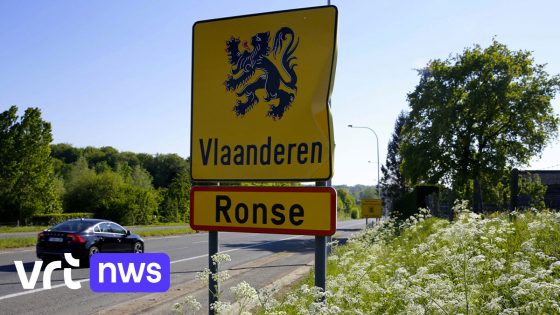The city of Ronse has agreed to comply with a court ruling requiring it to translate its communications into French. This decision marks a significant development in the ongoing debate over language laws in Belgium, especially given Ronse’s unique demographic makeup. On 2025-06-25 11:19:00, the city confirmed it would adapt its communication strategy to meet legal demands.
- Ronse agrees to translate communication into French
- City challenges language law's demographic relevance
- Ronse refuses to pay imposed fines
- Mayor Ignace Michaux considers appealing decision
- Language compliance aims to avoid penalties
Despite feeling that the current language legislation no longer reflects the city’s population, Ronse aims to avoid financial penalties. Mayor Ignace Michaux (CD&V) has not ruled out appealing the decision, highlighting the tension between legal obligations and local identity.
What does this mean for Ronse’s bilingual community? And how will this affect other municipalities facing similar challenges? The answers may shape future language policies across Flanders and Wallonia.
Why is Ronse hesitant to fully embrace the language law? The city’s stance raises important questions about the effectiveness and fairness of Belgium’s language regulations. Key points include:
- Ronse’s demographic changes challenge the relevance of existing language laws.
- The city seeks to avoid costly fines while respecting court decisions.
- The mayor’s openness to appeal suggests ongoing legal and political debates.
- This case may influence language policy enforcement in other bilingual or linguistically sensitive areas.
As Ronse moves forward with its bilingual communication plans, residents and policymakers alike should watch closely. Will this lead to more flexible language policies, or will legal pressures enforce stricter compliance? The coming months will be crucial for Belgium’s linguistic landscape.

































